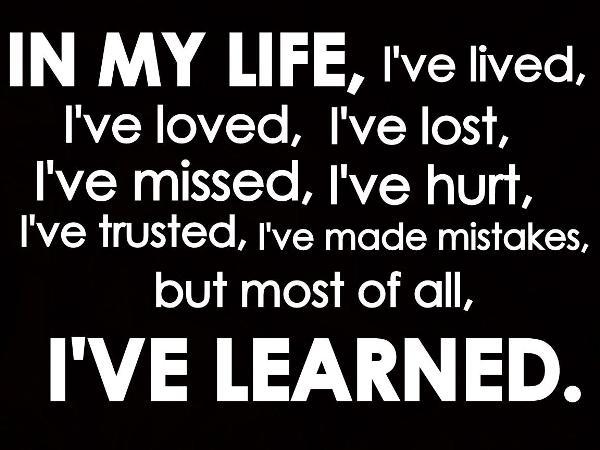The information that I'm sharing comes from a number of sources, but mainly from a wonderful resource that I've tapped into called the Global Stress Summit. Leaders in the fields of neuroscience, behavioral science, stress and performance management came together to share the latest research, ideas and techniques for how to optimally manage your time, stress and brain power to maximize your performance. There is so much amazing and impactful information that it will take multiple posts to share it all effectively with you!
So, where do we start? There are 3 main concepts that I want to share with you in this post. The first 2 are higher level and center around our beliefs and discipline. The 3rd one gets into the nitty gritty detail of how to manage our daily tasks for optimal brain efficiency.
Our thoughts and beliefs matter
Highly effective people believe that they have enough time every day, every week, and every month to get all of the critical, important and urgent things done.
I believe that this boils down to a few key ideas. One is the rice experiment...our thoughts, feelings and beliefs matter. What we put our attention and energy to appreciates. If we believe we don't have enough time then guess what? We probably won't have enough time. If we believe that we will have enough time then we are more likely to have enough time.
It also boils down to faith and what I call knowingness. Knowingness is the belief that I've had days or moments like this before and I've been able to work through it and now/today is no different. I'll be able to work my way through it in this moment in time as well.
If I keep my mind open to having faith and a sense of knowingness then my brain is able to be more productive and creative and calm and chances are I'll get what I need to done.
Everyone is disciplined
John Assaraf, CEO of NeuroGym and a brain researcher says, "Everyone is disciplined. You are 100% disciplined to the habits that you've become accustomed to. The question is, are you disciplined to the right things?" I love this. It's not that I lack discipline, I'm just not disciplined to the right things. That's a mind shift for me.
Now I can take a look at the things that I am disciplined to and make intentional shifts and changes to more optimal habits. More on this in a future post.
The Why and How of Task Management
Do you have endless tasks and to do lists floating around in your head? Your brain has limitations as to how much it can process in any given point in time. You also have a limited amount of working memory. Your conscious working memory can only hold about 3 to 4 items at any given time and then it gets overloaded.
The key is to take all of the tasks that are floating around in your head that you want to accomplish and get them down on paper and out of your head. Write it down, organize it and prioritize it. From that list take the top 2 to 3 that have to get done. That you MUST get done. Focus on the critical few versus the trivial many. The less you burn your brain's working memory by trying to juggle a bunch of things/ideas the more you're going to be able to use it for thinking.
Another thing to be aware of is that our brains don't process how long tasks are going to take very well. When you think of how long a task is going to take, your brain will automatically think of one shining example of where everything went right and use that as the example of how long a task will take. The reality is that you should double the length of time that your brain thinks it needs to complete a task. You are more likely to stay motivated if you have realistic goals that you can achieve. Keep this in mind as you decide the 2 to 3 tasks that you will accomplish each day.
Increase your productivity by, believing, being disciplined to the right things, and writing down and choosing 2 to 3 tasks each day to accomplish.




 RSS Feed
RSS Feed
